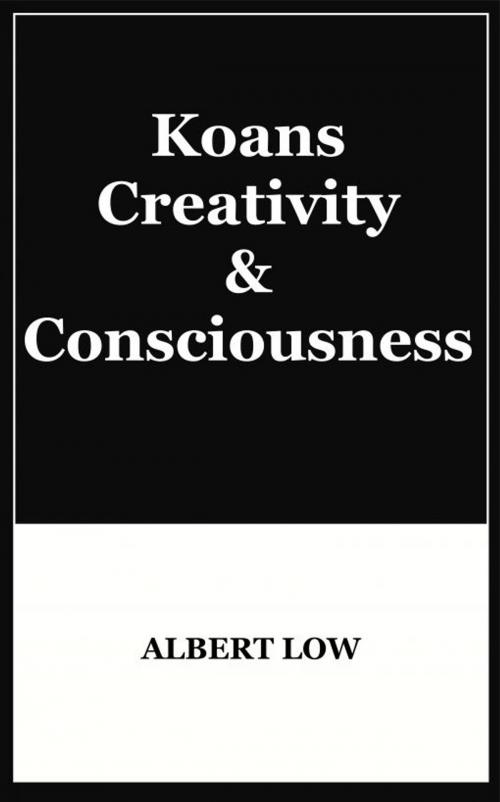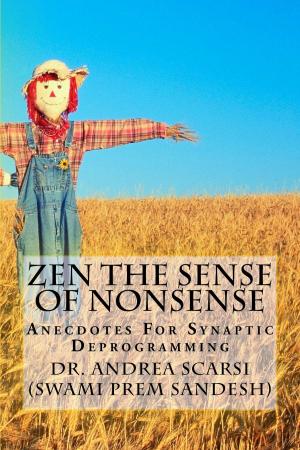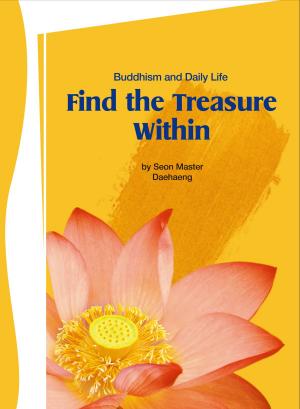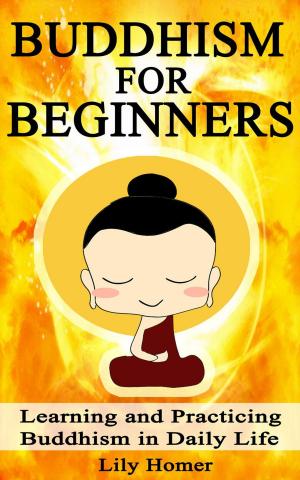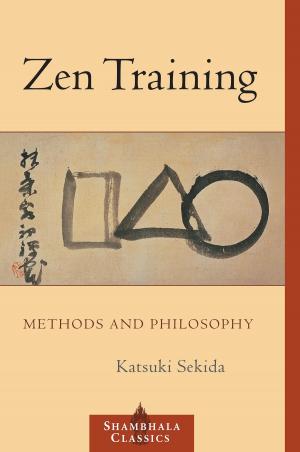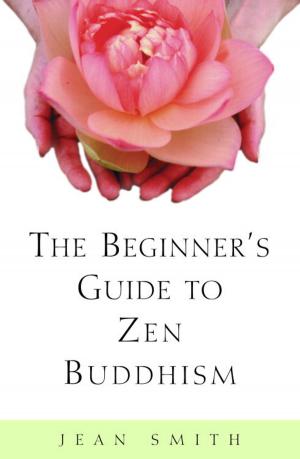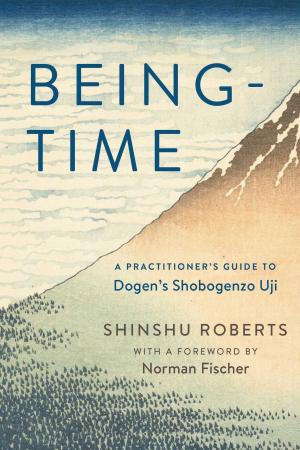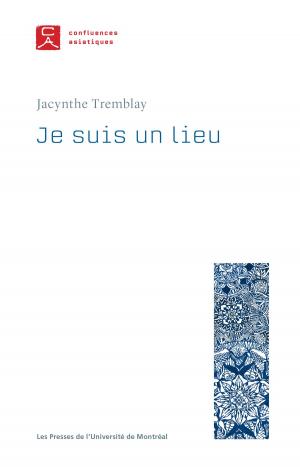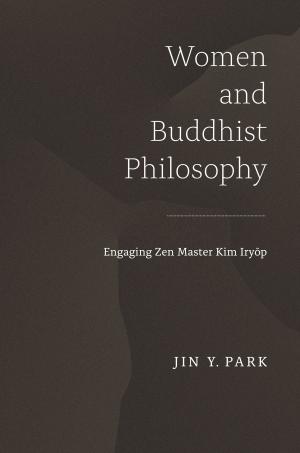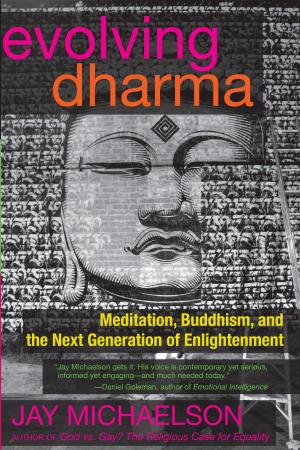| Author: | Albert Low | ISBN: | 9781301530328 |
| Publisher: | Albert Low | Publication: | September 22, 2012 |
| Imprint: | Smashwords Edition | Language: | English |
| Author: | Albert Low |
| ISBN: | 9781301530328 |
| Publisher: | Albert Low |
| Publication: | September 22, 2012 |
| Imprint: | Smashwords Edition |
| Language: | English |
Science has consistently rejected subjective data in science. Undoubtedly the main reason for this is that most scientists consider it to be unreliable and difficult to verify. Our immediate experience is, indeed, often incomplete, distorted, or simply false. Another important reason for rejecting subjective data is the scientist’s unconditional commitment to materialism and this automatically precludes the possibility of a consciousness distinct from matter. Most scientists, therefore, believe that third person, objective data, available to all is the only reliable source of data. Inner observation of our own experience is unacceptable because it cannot be subjected to similar public scrutiny and manipulation.
Yet, what is most important, but invariably overlooked, is not what I am conscious of, but that I am conscious. The only way this can be verified or even considered is by “first person” enquiry. A way by which first person enquiry can be established is by koan practice developed by Ch’an Buddhists in China during the T’ang dynasty (600-900 CE.)
In what follows, I explore ways to allay scientific suspicion towards subjective accounts, and show how koan study is used as first person scientific inquiry.
Science has consistently rejected subjective data in science. Undoubtedly the main reason for this is that most scientists consider it to be unreliable and difficult to verify. Our immediate experience is, indeed, often incomplete, distorted, or simply false. Another important reason for rejecting subjective data is the scientist’s unconditional commitment to materialism and this automatically precludes the possibility of a consciousness distinct from matter. Most scientists, therefore, believe that third person, objective data, available to all is the only reliable source of data. Inner observation of our own experience is unacceptable because it cannot be subjected to similar public scrutiny and manipulation.
Yet, what is most important, but invariably overlooked, is not what I am conscious of, but that I am conscious. The only way this can be verified or even considered is by “first person” enquiry. A way by which first person enquiry can be established is by koan practice developed by Ch’an Buddhists in China during the T’ang dynasty (600-900 CE.)
In what follows, I explore ways to allay scientific suspicion towards subjective accounts, and show how koan study is used as first person scientific inquiry.
